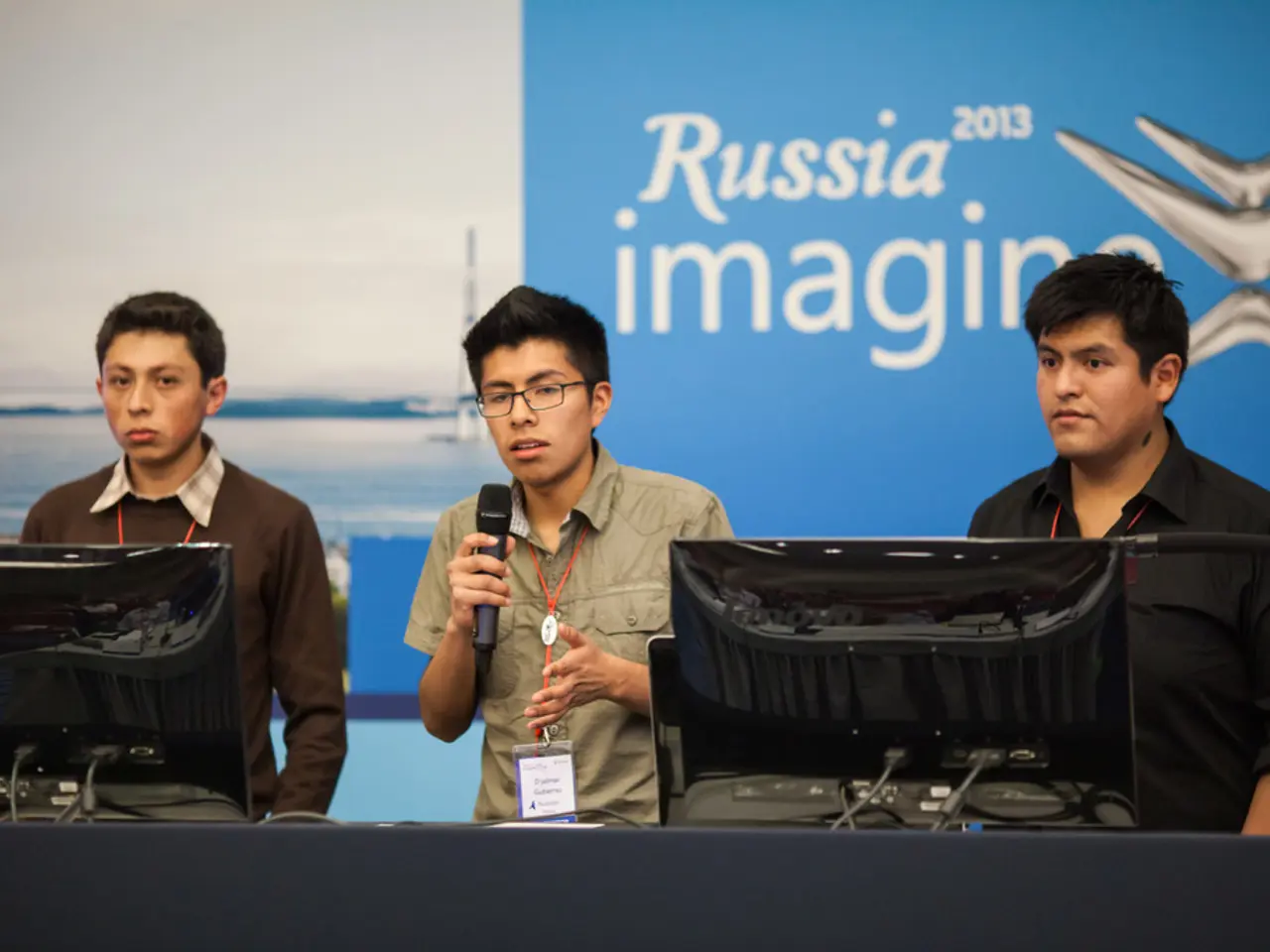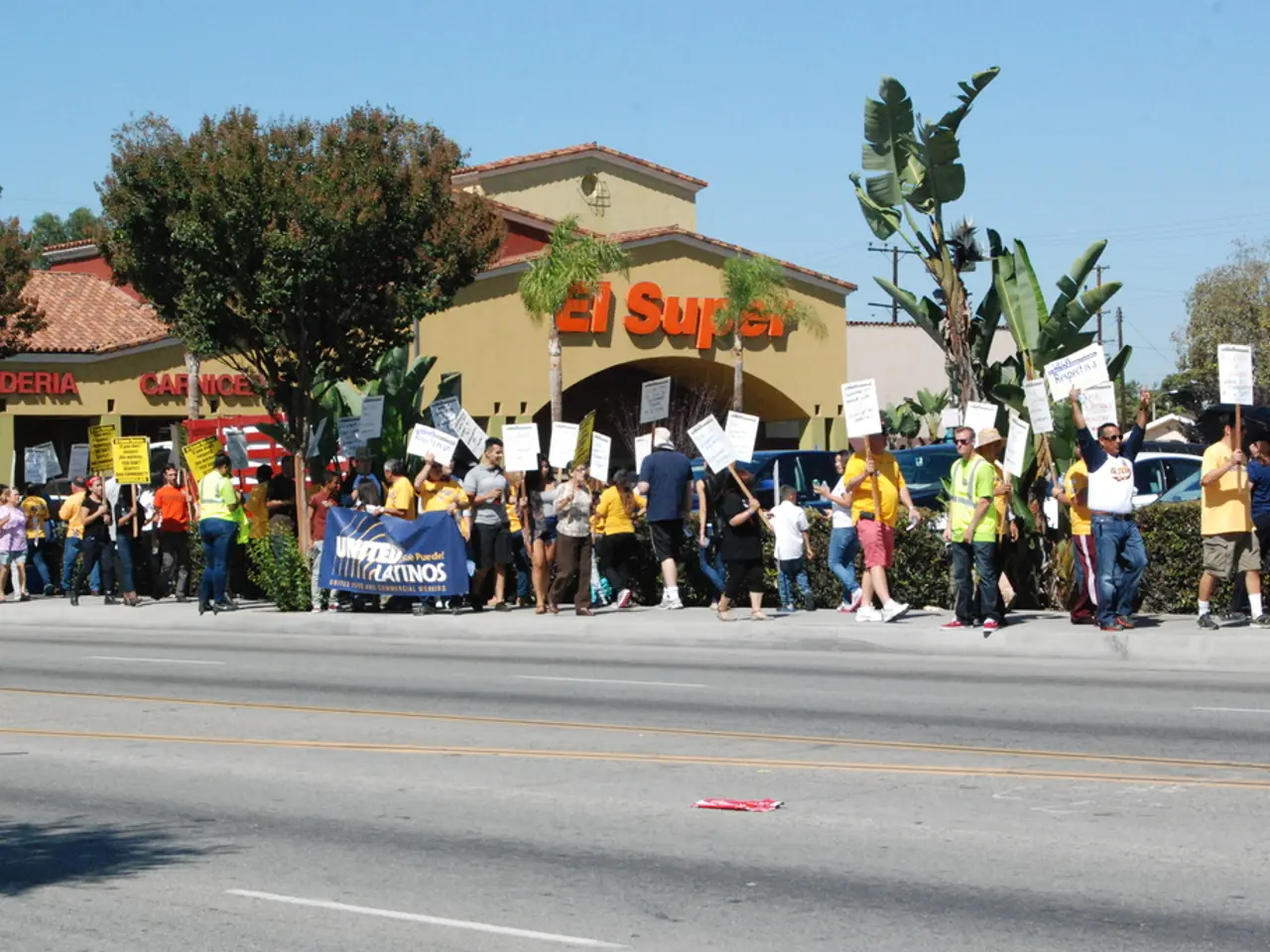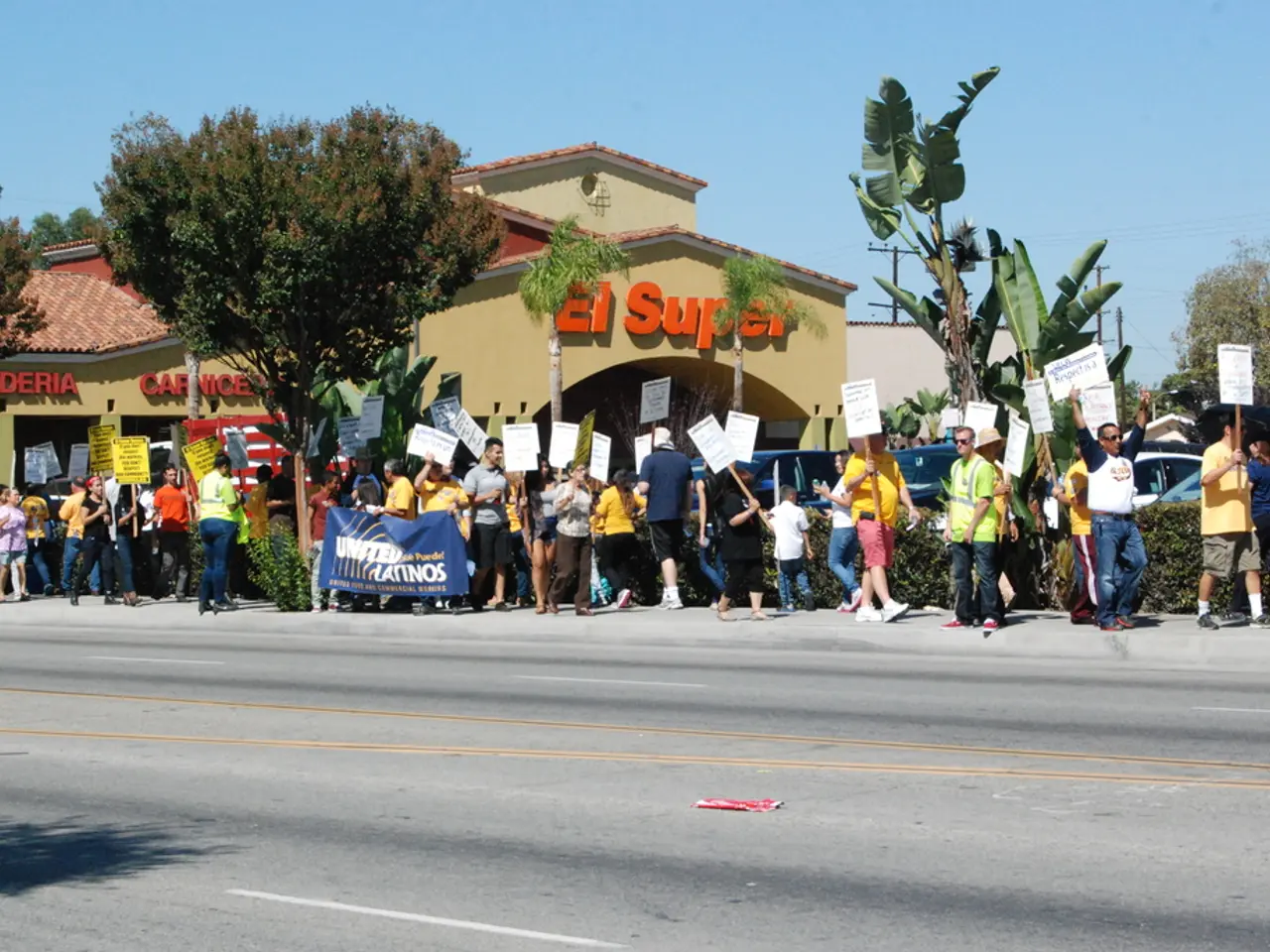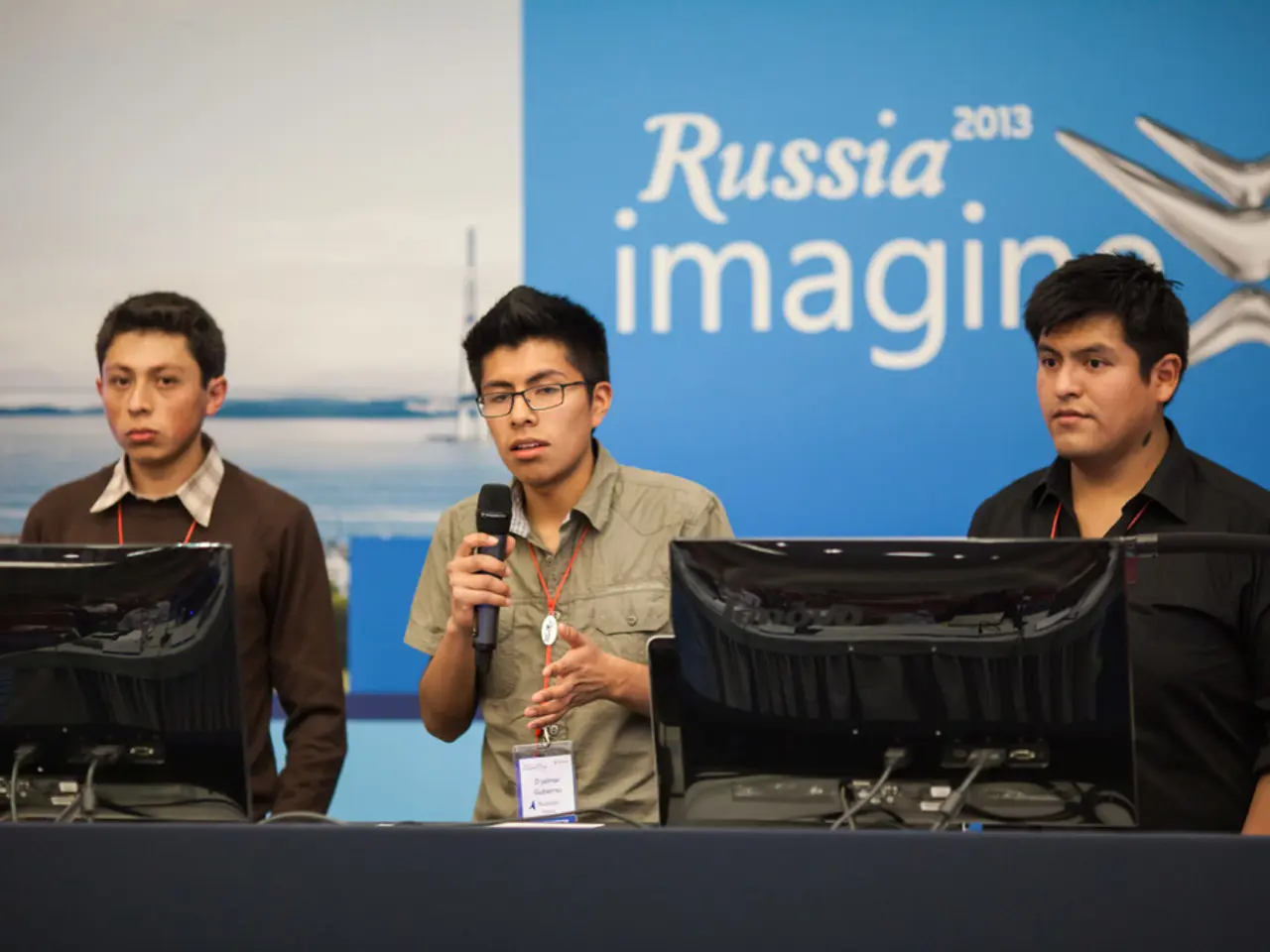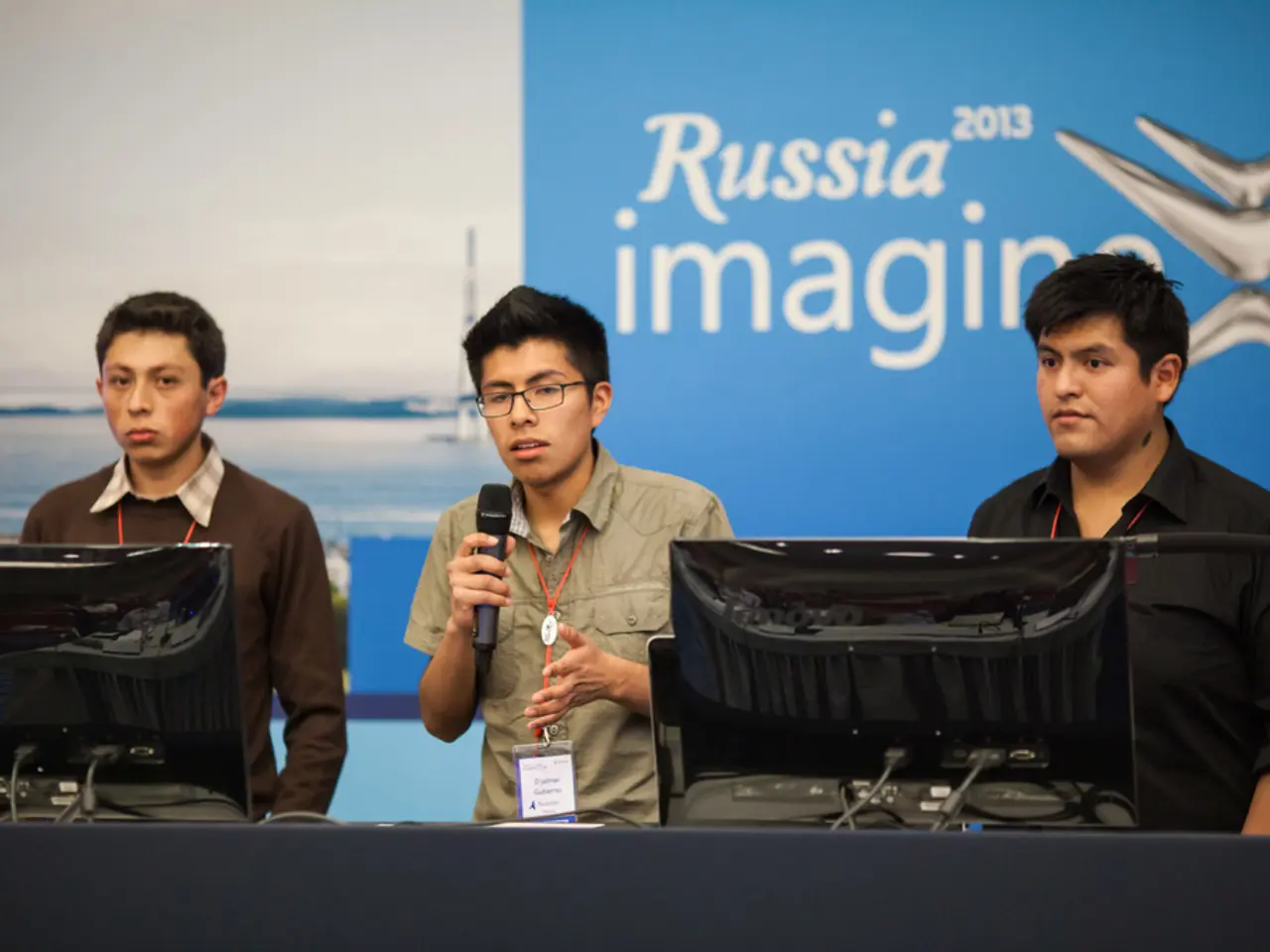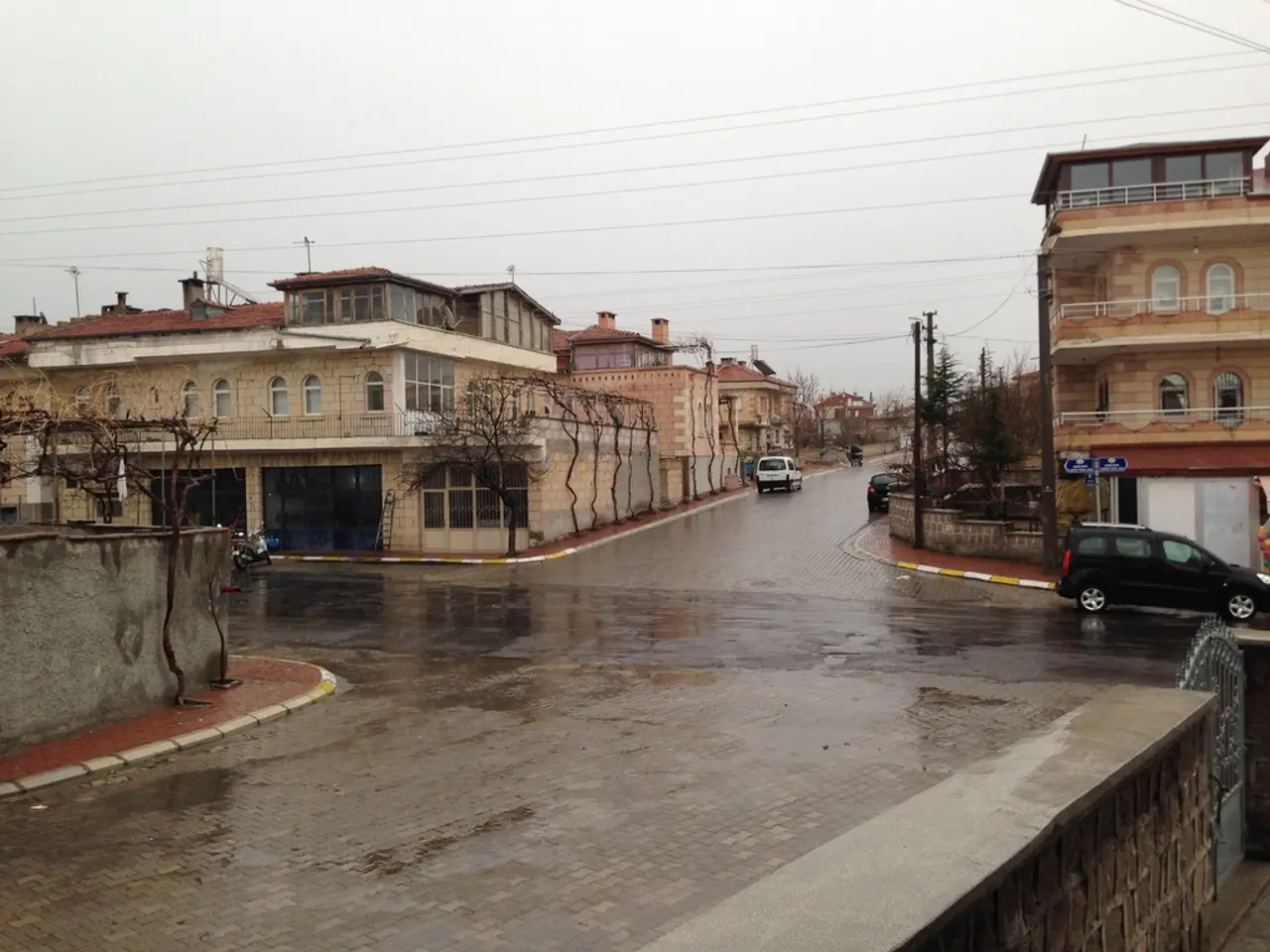Tax agency director Santa Garancea disclosed details to TV24 about the means and reasons behind the Latvian Tax Assistance Authority (VID) obtaining access to citizens' mobile phones
In a recent development, the Latvian Tax Assistance Authority (VID) has come under scrutiny for its use of a tool called the VIEW. This tool, initially marketed as a tax control measure, has effectively transformed into a means of legalized surveillance for certain citizens.
The VIEW tool is not used indiscriminately, but rather, it is employed when the amount involved in a case is significant. However, the criteria for determining what constitutes a "large enough" case remains unclear, with no official disclosure from the authorities.
Santa Garancea, the Director of the Latvian Tax Assistance Authority, has attempted to quell concerns by shifting the focus from surveillance to the tool's economic feasibility. Yet, her response has done little to alleviate worries about privacy protections.
The lack of transparency surrounding the VIEW tool has led to the surfacing of hidden issues surrounding privacy in Latvia. The tool's use potentially infringes upon the right to privacy, including protection from unauthorized interference, as stated in the Universal Declaration of Human Rights (1948), article 12.
Moreover, the use of the VIEW tool raises questions about the democratic nature of Latvia. Garancea's dismissive and careless response suggests a lack of concern for societal consent, instead claiming that decisions have already been made and cannot be refused.
The European Convention for the Protection of Human Rights and Fundamental Freedoms (1950), specifically article 8, is also relevant to this discussion, as it guarantees the right to respect for private and family life, home, and correspondence.
Latvia's surveillance laws aim to balance state interests in economic security and criminal investigation with citizens’ privacy rights. While judicial authorization and regulatory frameworks seek to ensure compliance with international human rights norms, concerns remain regarding the breadth of data access and the potential chilling effect on privacy.
The legality and proportionality principles enshrined in various international human rights treaties require constant review and robust oversight to prevent overreach and safeguard individuals' fundamental rights. However, there is no external oversight or public criteria for determining when the VIEW tool is used and how cloned data is utilized.
The implementation of the VIEW tool is done in a manner considered sedate and decorous, but the lack of transparency and public discussion on the issue has led to a growing sense of unease among citizens.
In conclusion, the debate surrounding the VIEW tool and its impact on privacy rights is a complex one, requiring careful consideration and ongoing scrutiny. It serves as a reminder of the importance of balancing state interests with the fundamental rights of individuals, as enshrined in international human rights treaties.
[1] Source: International Centre for Not-for-Profit Law (ICNL) - "Latvia's New Surveillance Law: A Threat to Privacy and Freedom of Expression" (2019)
The ongoing debate about the VIEW tool highlights the intersection of policy-and-legislation and politics, as it raises concerns over privacy rights and the democratic process. The lack of transparency and external oversight in the use of this tool questions the proportionality and legality of its implementation, in light of international human rights treaties.
The growing unease among citizens underscores the need for general-news coverage and public discussions on policy matters such as the VIEW tool, emphasizing the importance of a well-informed populace in a democratic society.
